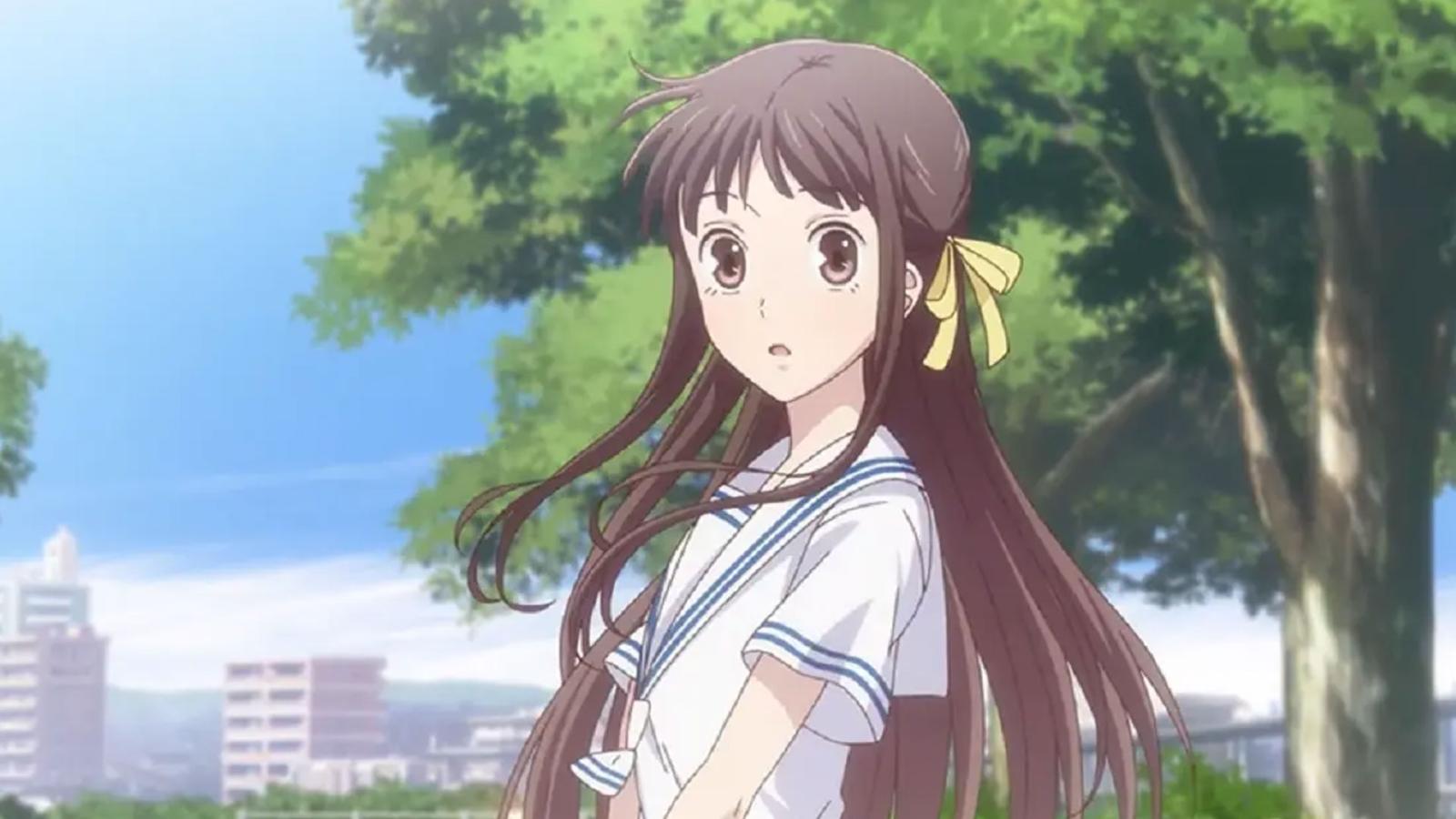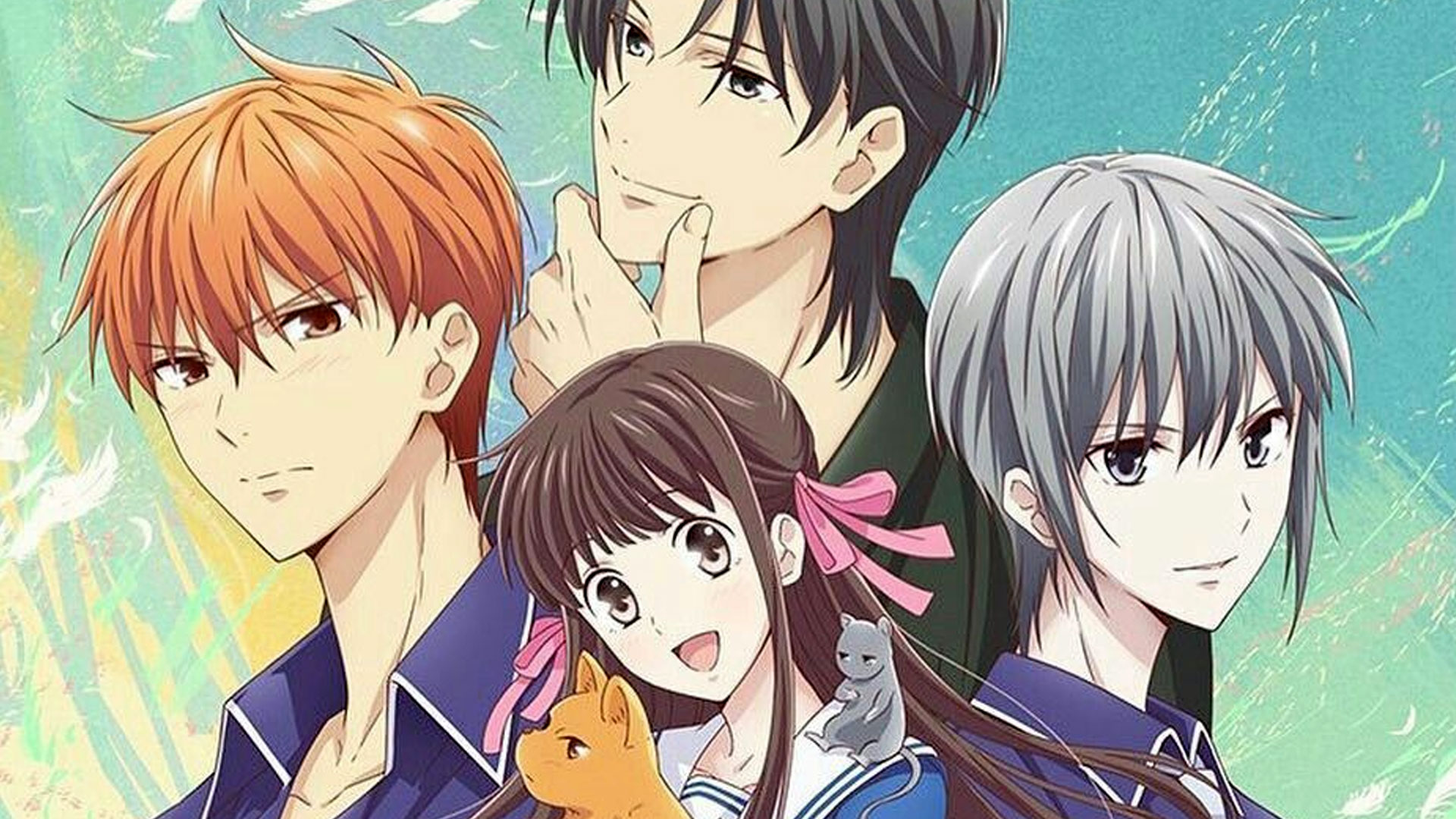Maybe we’ll get full adaptations for other series as well?
Summary:
- The success of Fruits Basket has revived the popularity of shoujo anime.
- The trend is similar to that of the 00s.
- This gives fans hope that shoujo manga will actually get full adaptations.
We’ve been seeing a rise in the number of shoujo anime recently. The currently airing A Sign of Affection (Yubisaki to Renren) has received a lot of praise even from fans outside the target demographics. Multiple recent announcements indicate that shoujo anime — specifically shoujo romance — are on the rise again.
Curiously enough, the trend seems to have started with the new adaptation of Fruits Basket. The manga is iconic, and seeing it get a full — and faithful — adaptation was truly a blessing to fans. The anime was extremely well-received, which probably prompted the producers to sponsor more shoujo romance adaptations.
It’s just like in the 00s
The original shoujo romance boom was during the 00s, when series like Ouran High School Host Club (Ouran Koukou Host Club), The Wallflower (Yamato Nadeshiko Shichihenge♥), Lovely★Complex and Skip Beat! aired. Funnily enough, one of the earliest series that were thought to influence the genre was Fruits Basket — both the manga and the adaptation from 2001.
Yes, the original anime adaptation of Fruits Basket heavily deviated from the manga — and had a completely anime-original ending. The manga was still ongoing by the time the anime released — it only ended in 2006.
Interestingly enough, some people still prefer the first adaptation, whether it be out of nostalgia or because they actually prefer the original art style. That said, this opinion is held by the minority of fans, as most agree the remake is actually better.
A nostalgia trend
The rise in shoujo romance might also be seen as another way to capitalize on nostalgia. As it can be seen, the anime industry is going through a nostalgia boom — the sheer number of remakes and sequels to series we never expected to get continuations proves that.
Some of the older shoujo series actually suffered from a lack of proper conclusion, and would benefit greatly from a new season or two. Sadly, most aren’t getting them: these series usually faded into obscurity over the years.
A counterexample to this trend is Kimi ni Todoke. The anime received two seasons and was generally well-liked, but it wasn’t finished. Over the years, fans kept asking for another season. Well, they finally got a sequel announced — and it’s coming out this year.
Another reason why Fruits Basket is popular

Fruits Basket might not be the only reason for the revival of the genre, but it’s definitely the most successful modern example. It also gives shoujo fans hope that their favorite series can actually be fully adapted one day: most of them are fairly long, and they’d hate to see the anime cut short.

